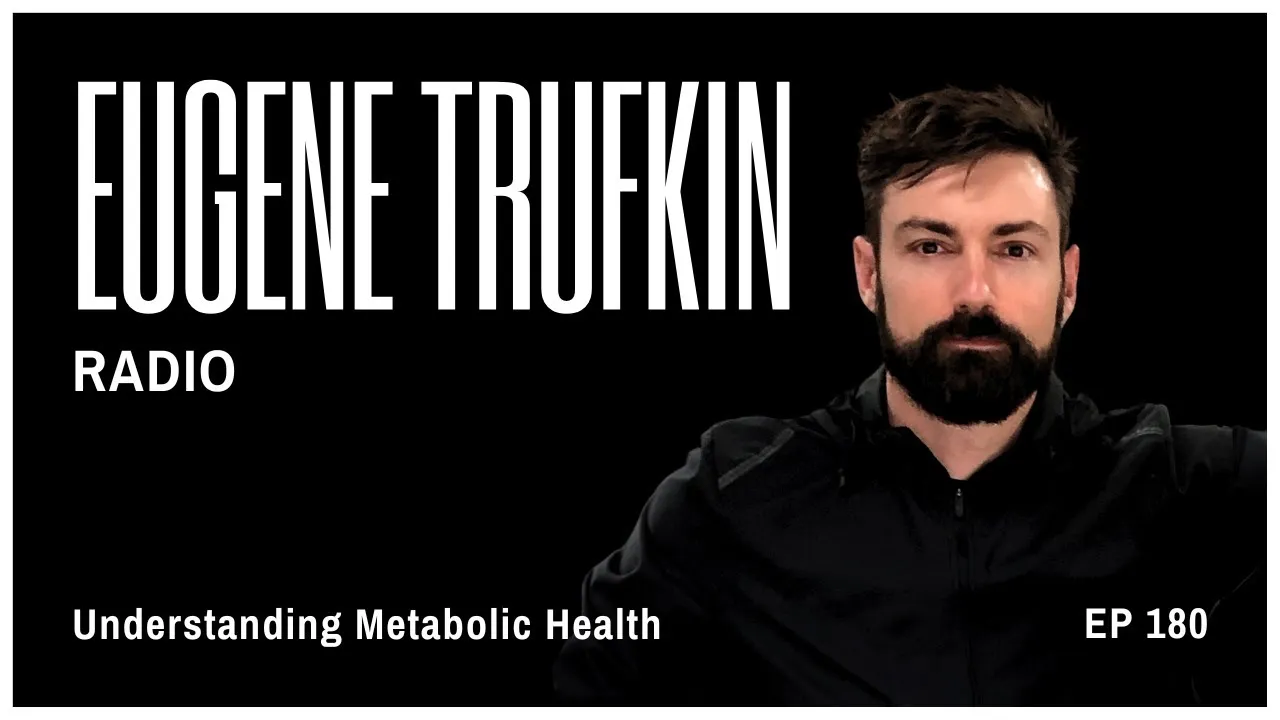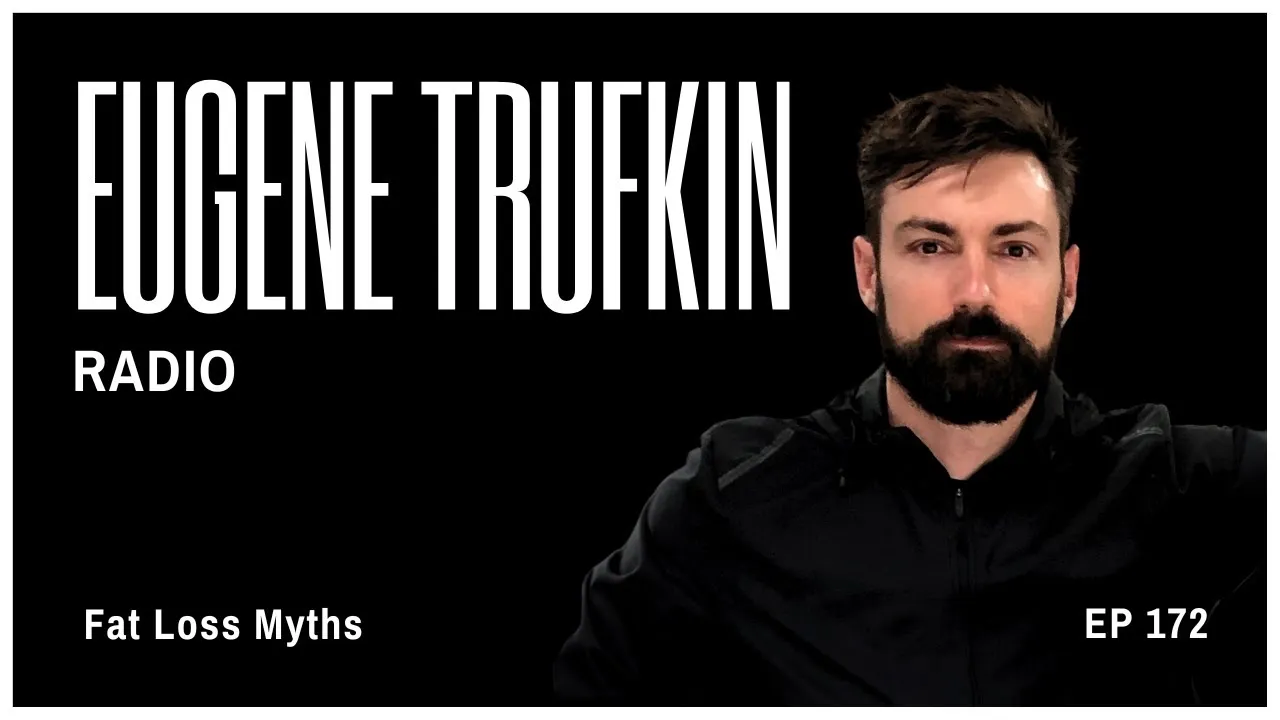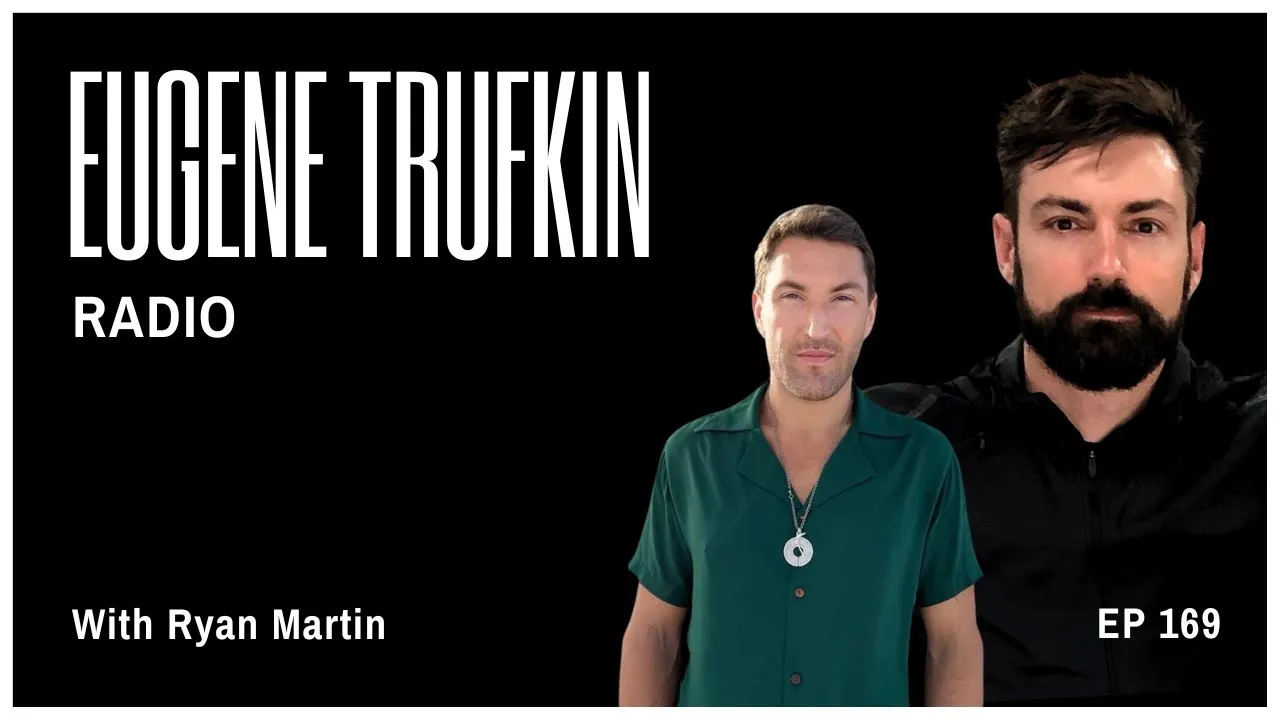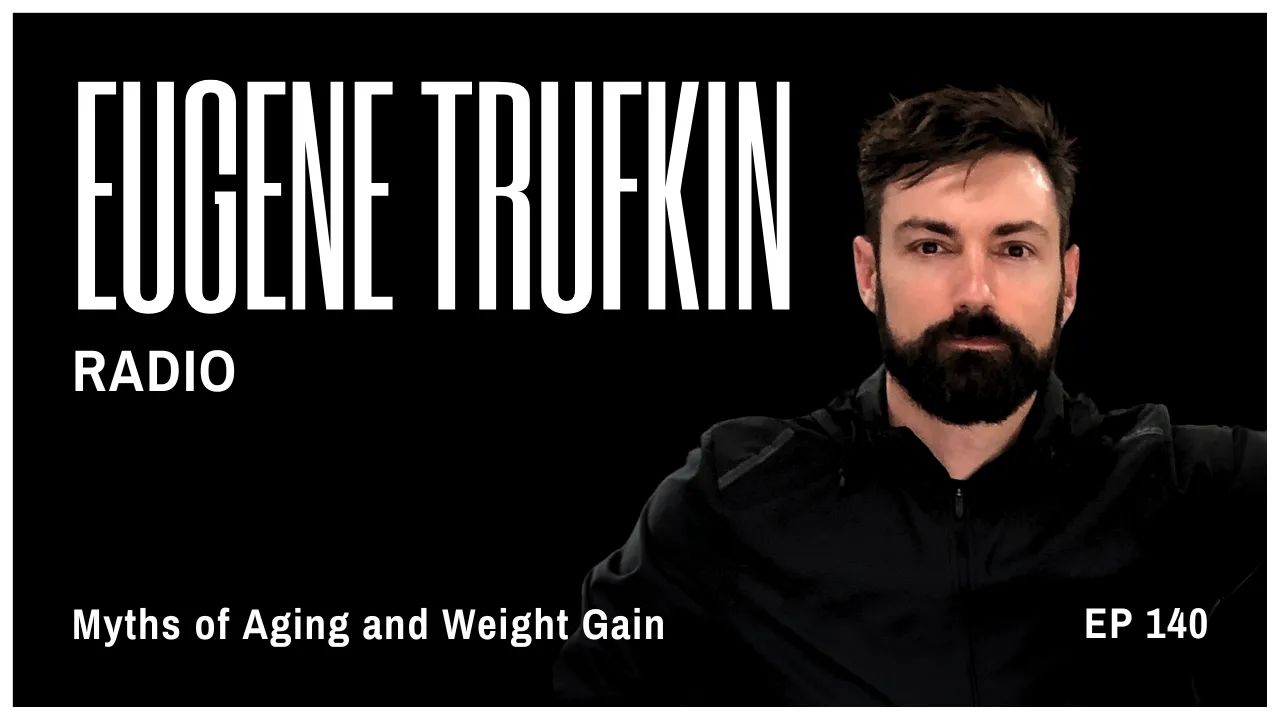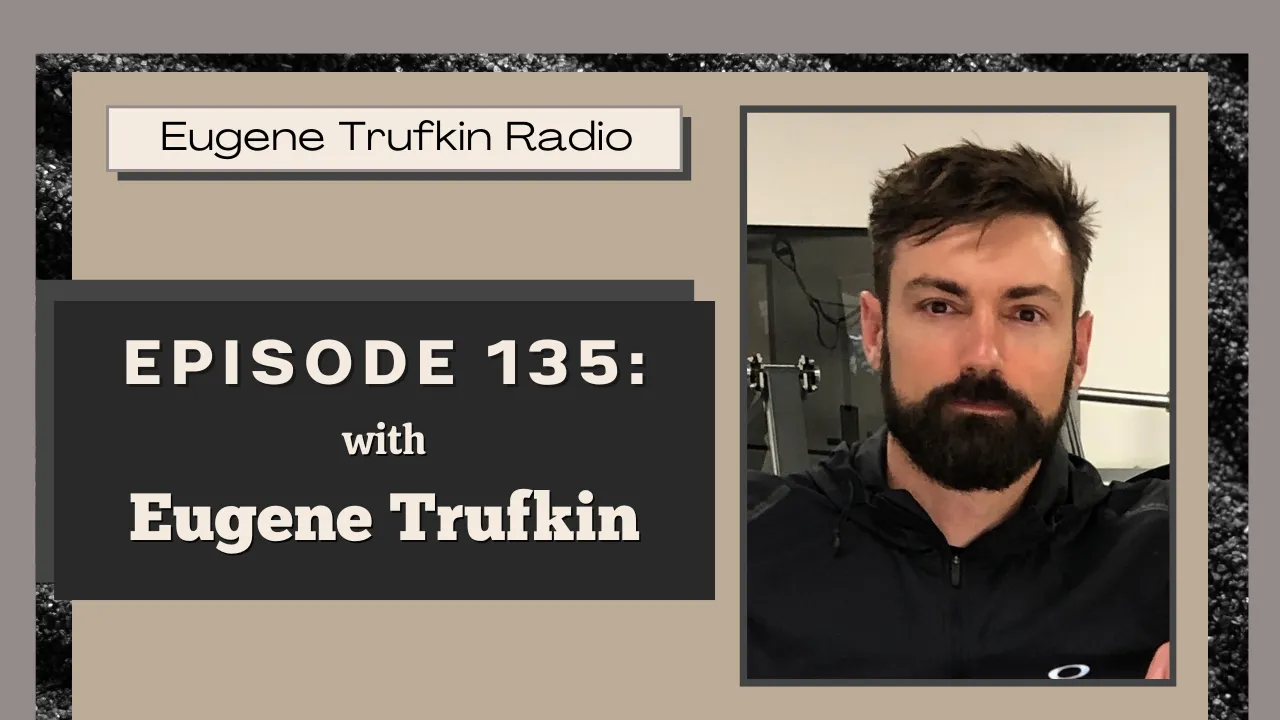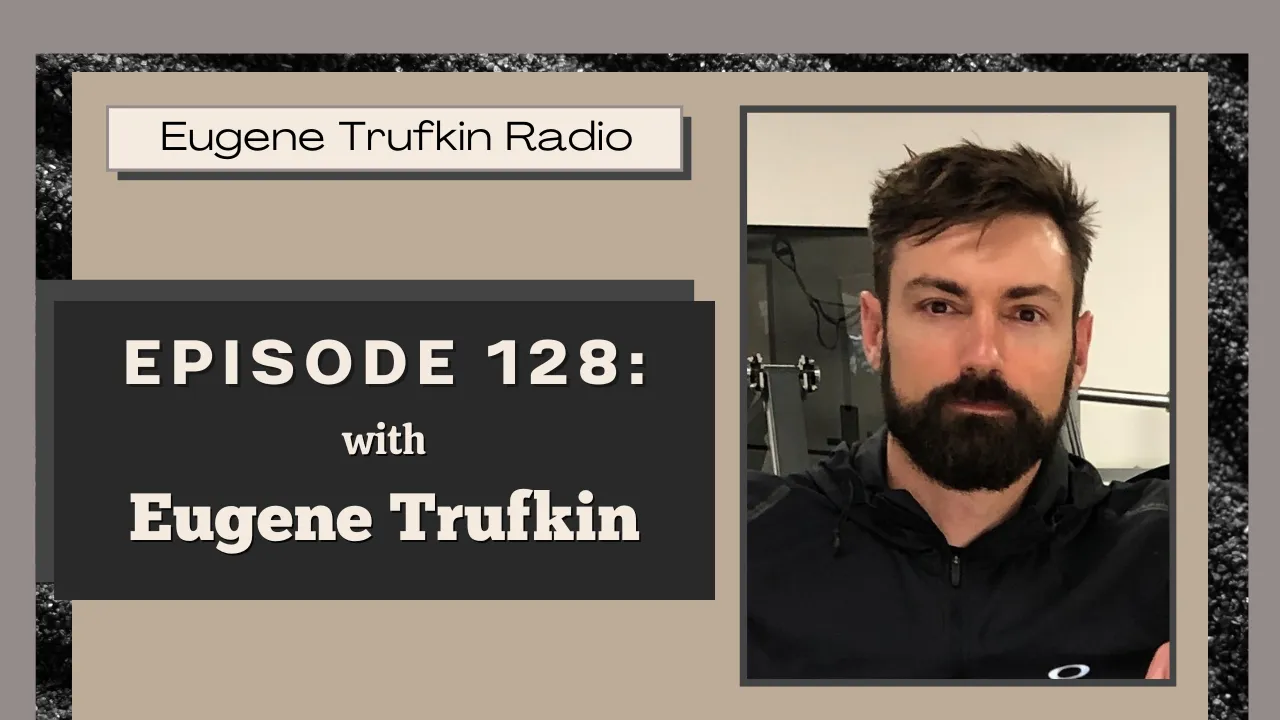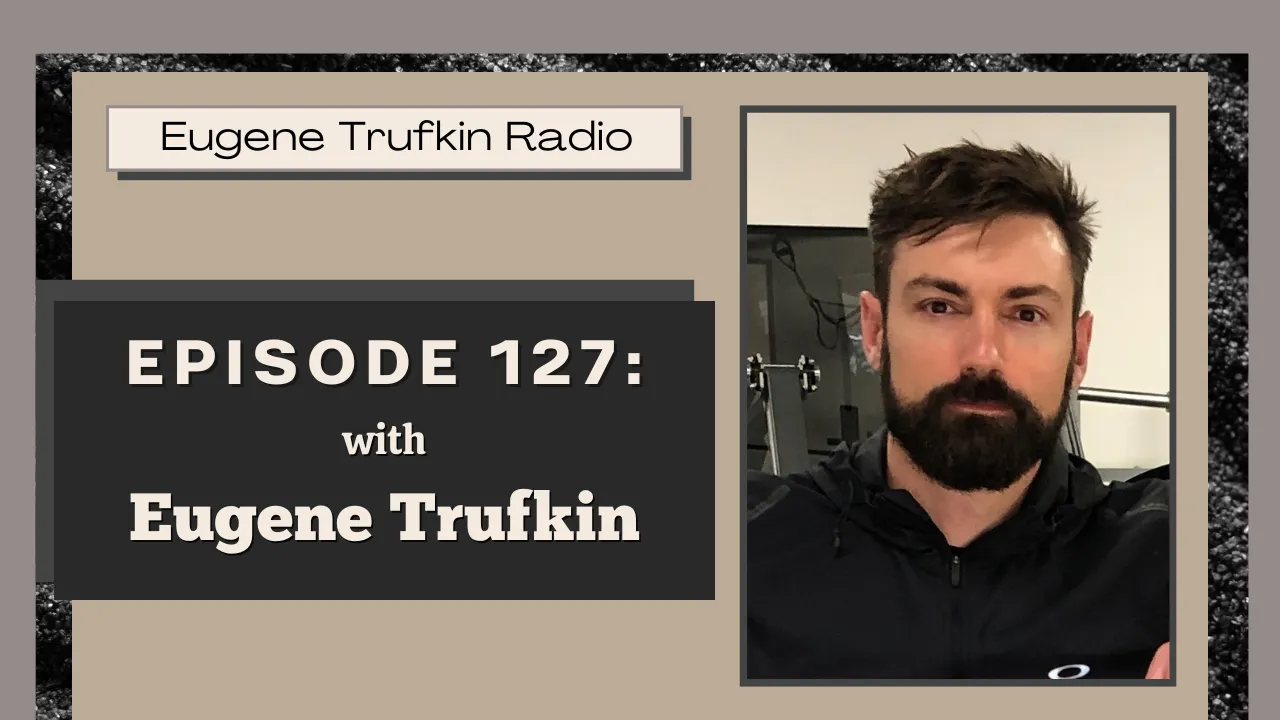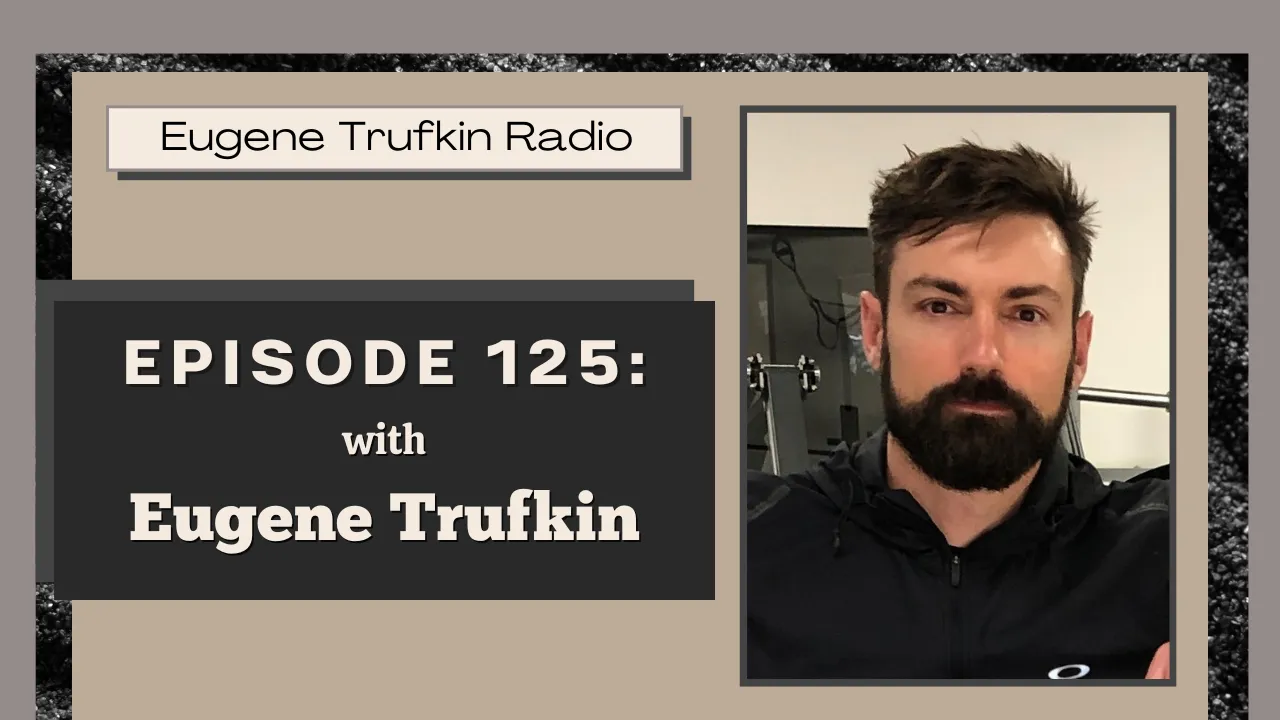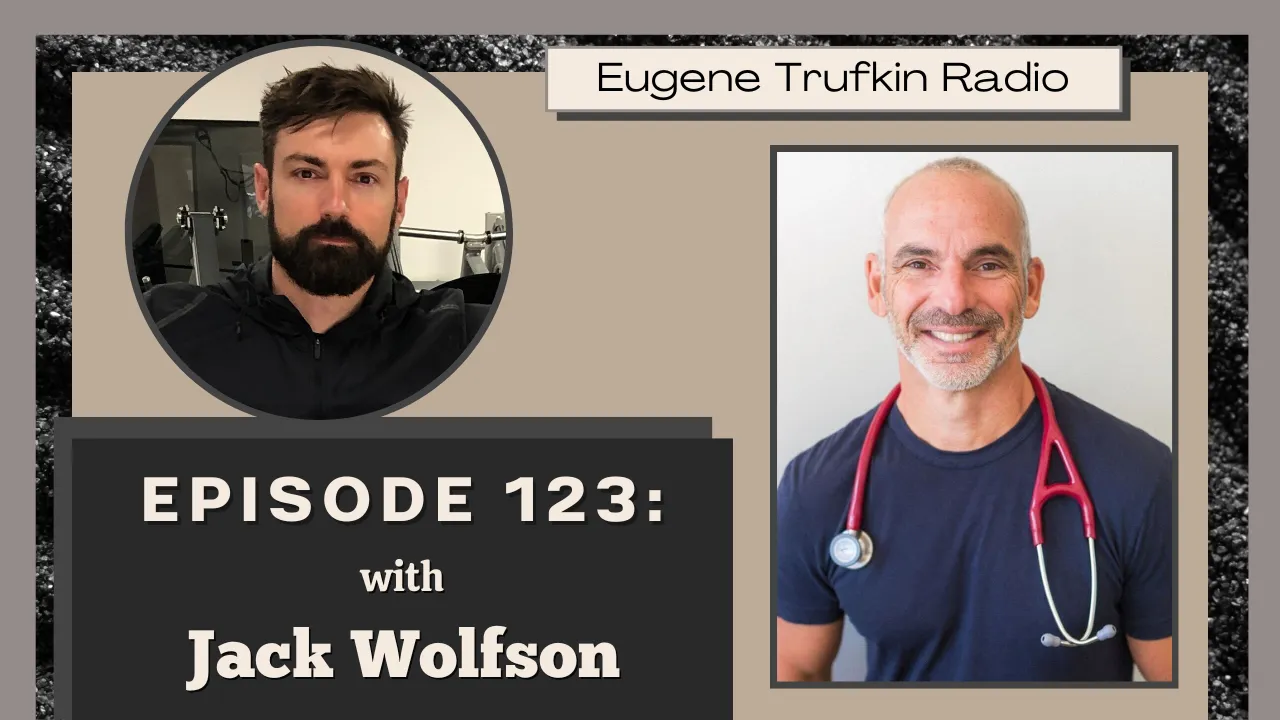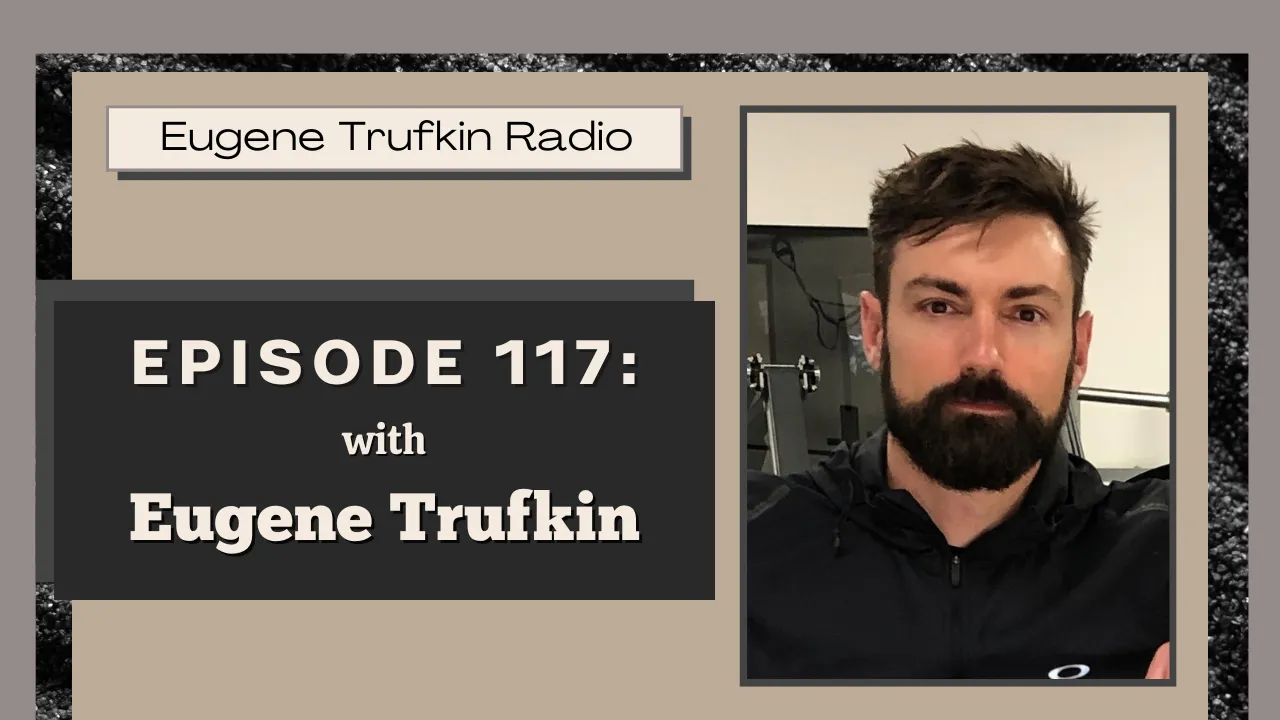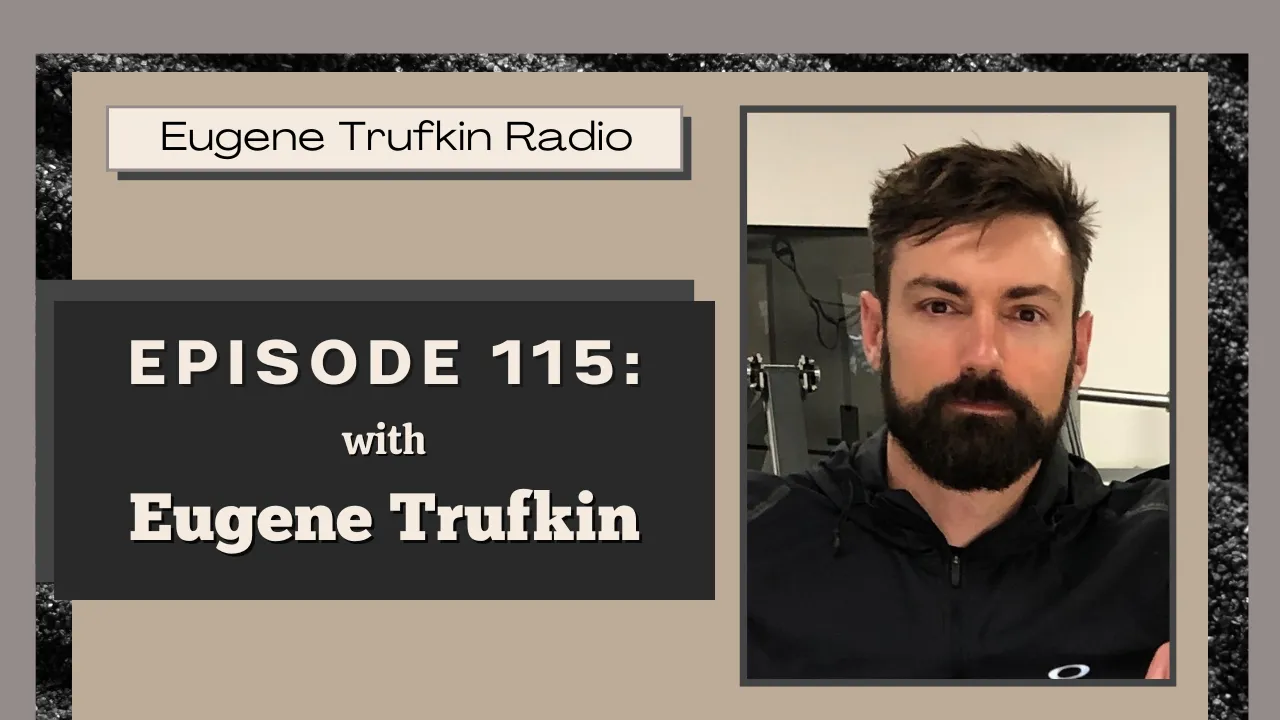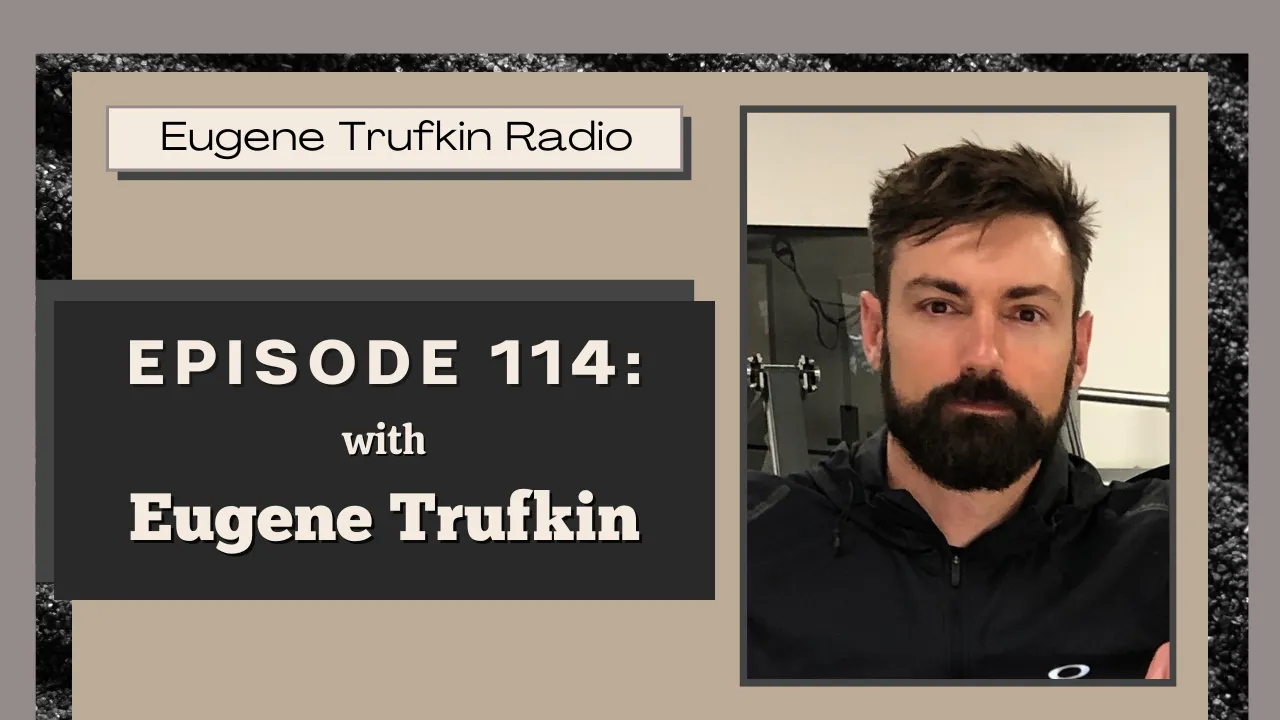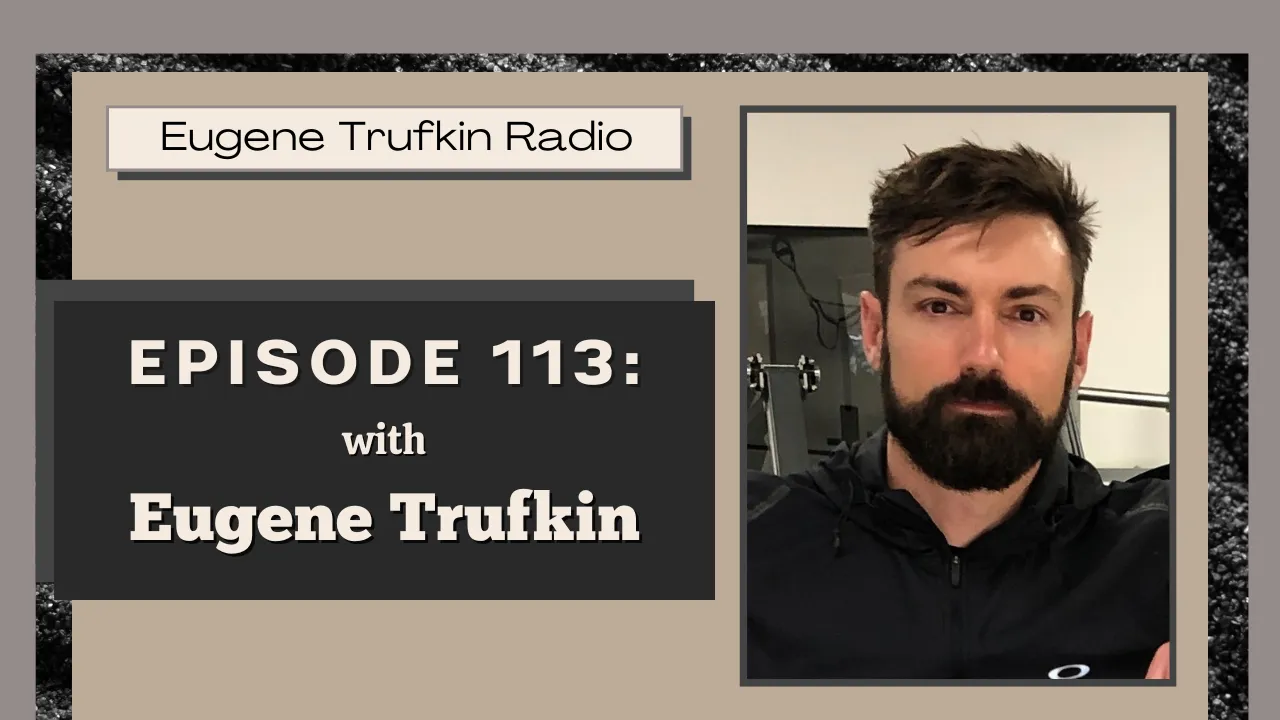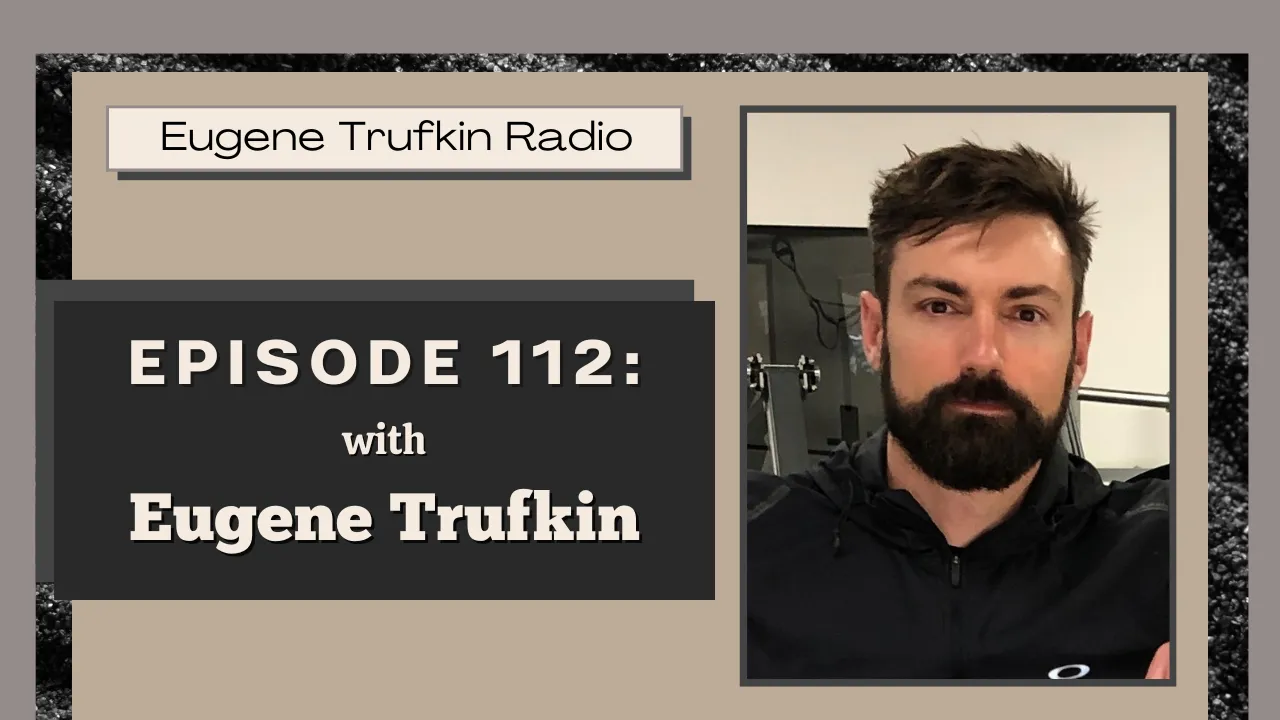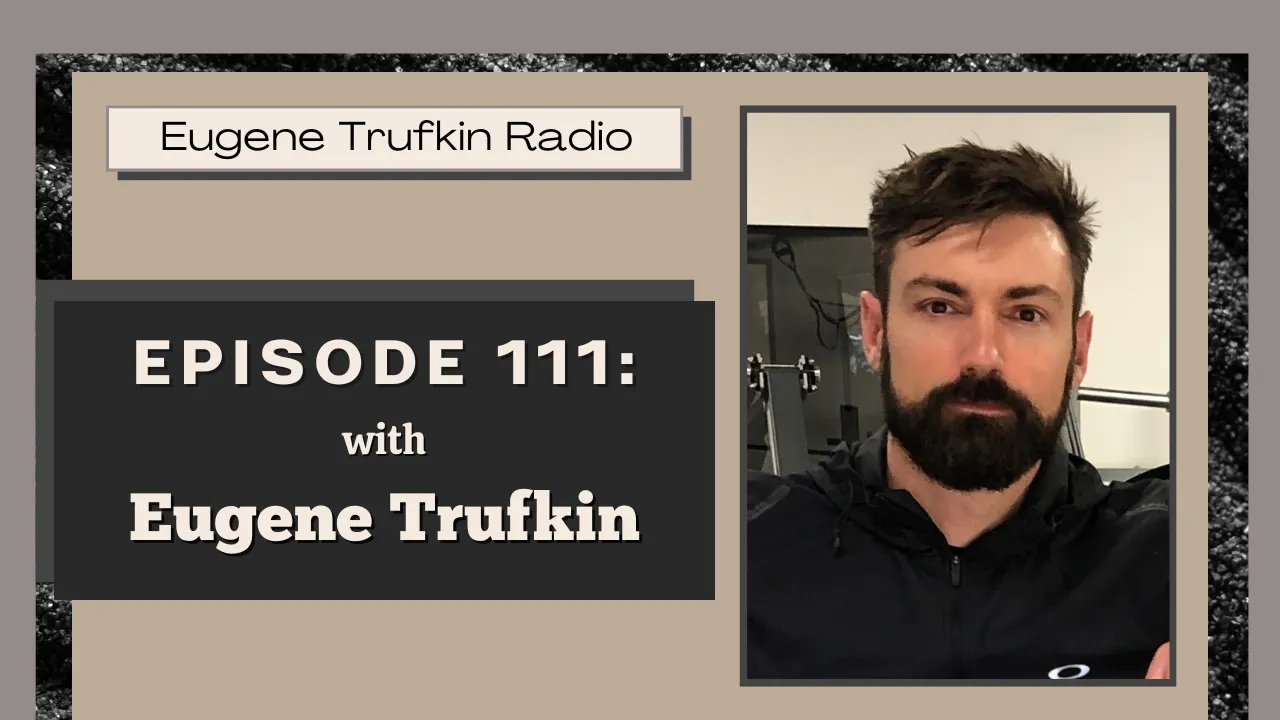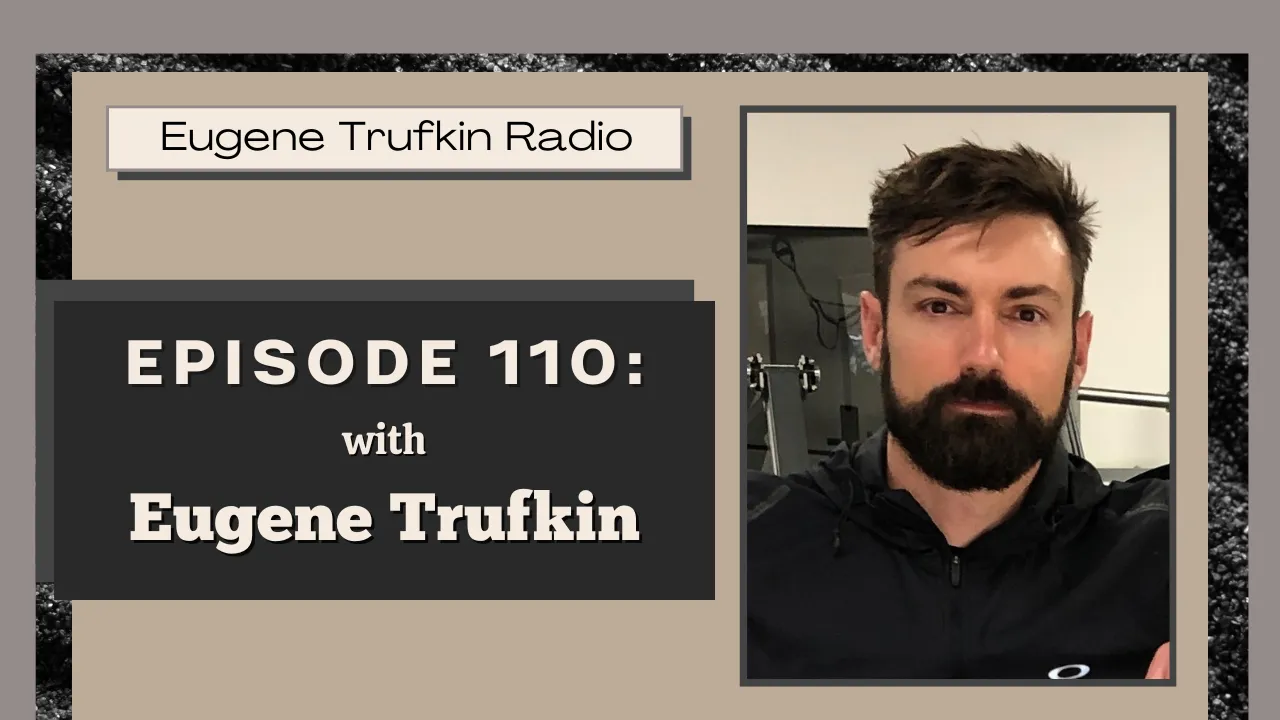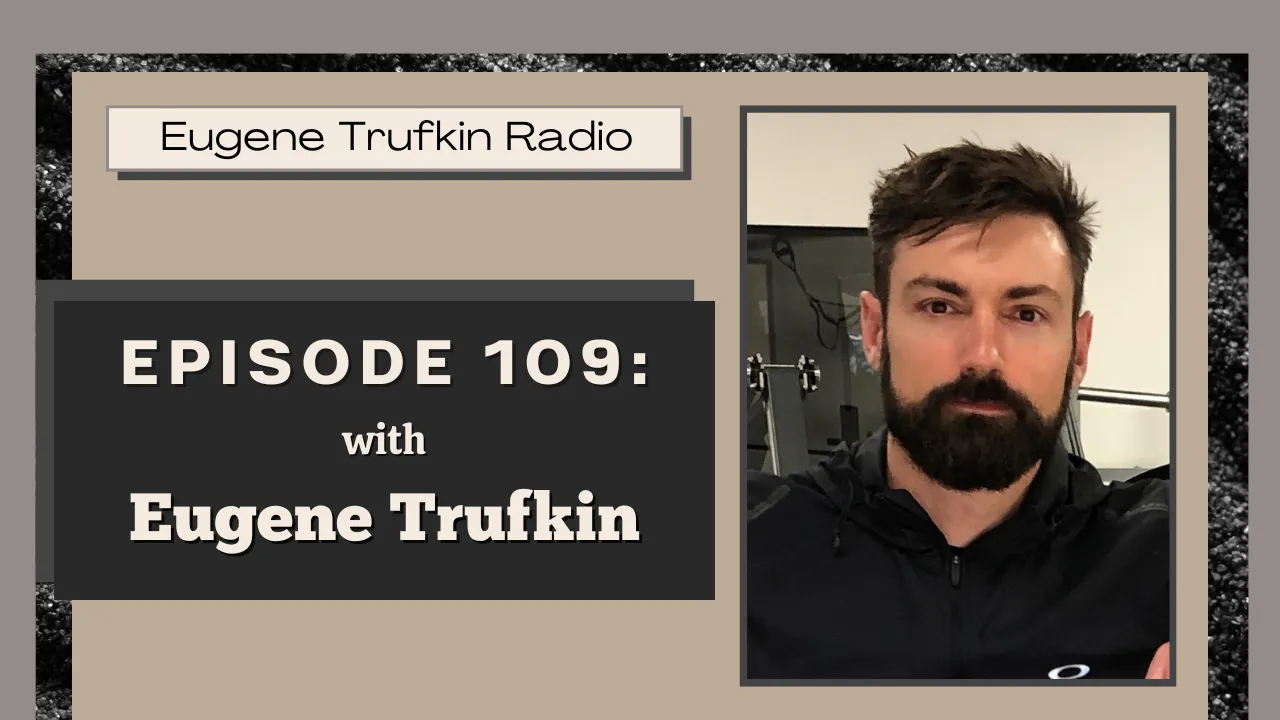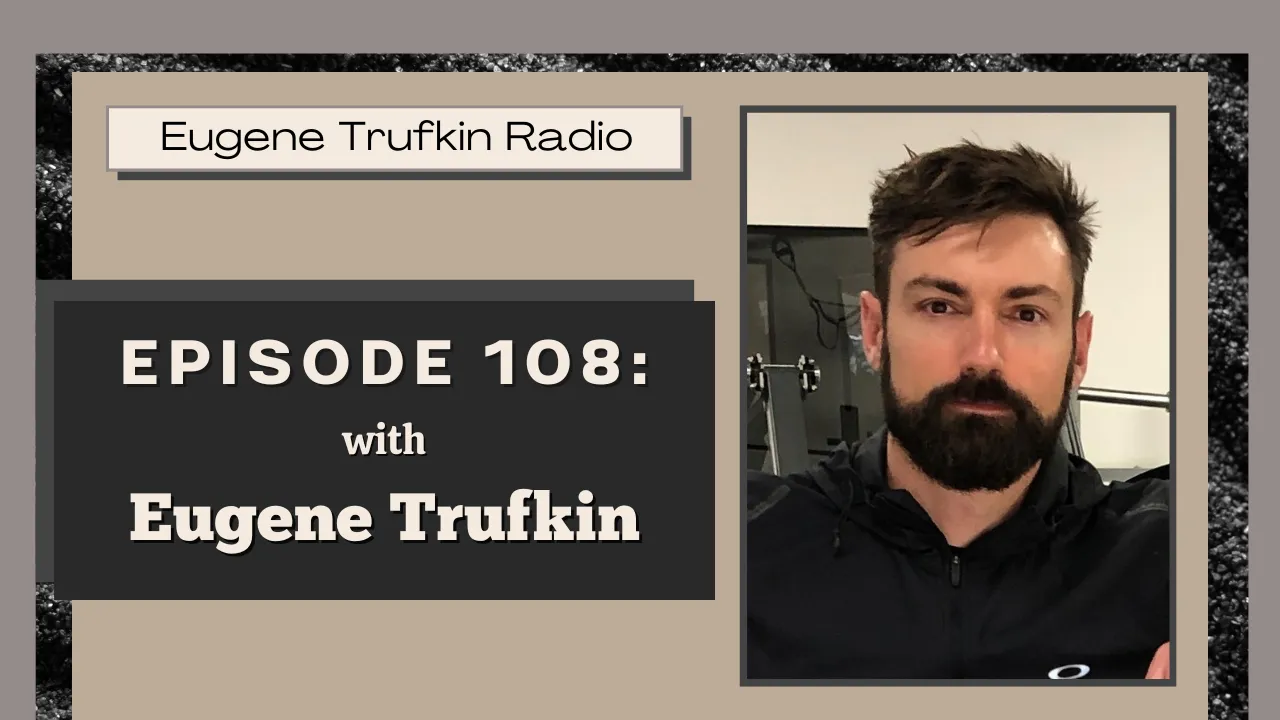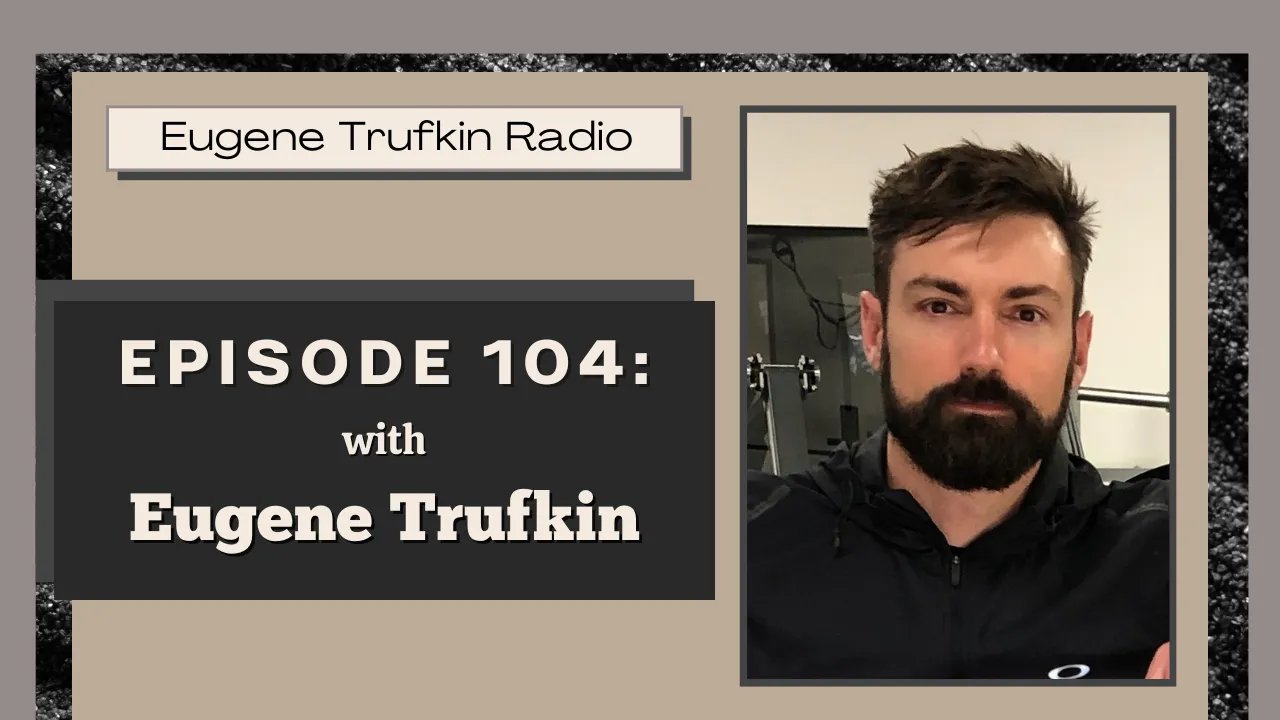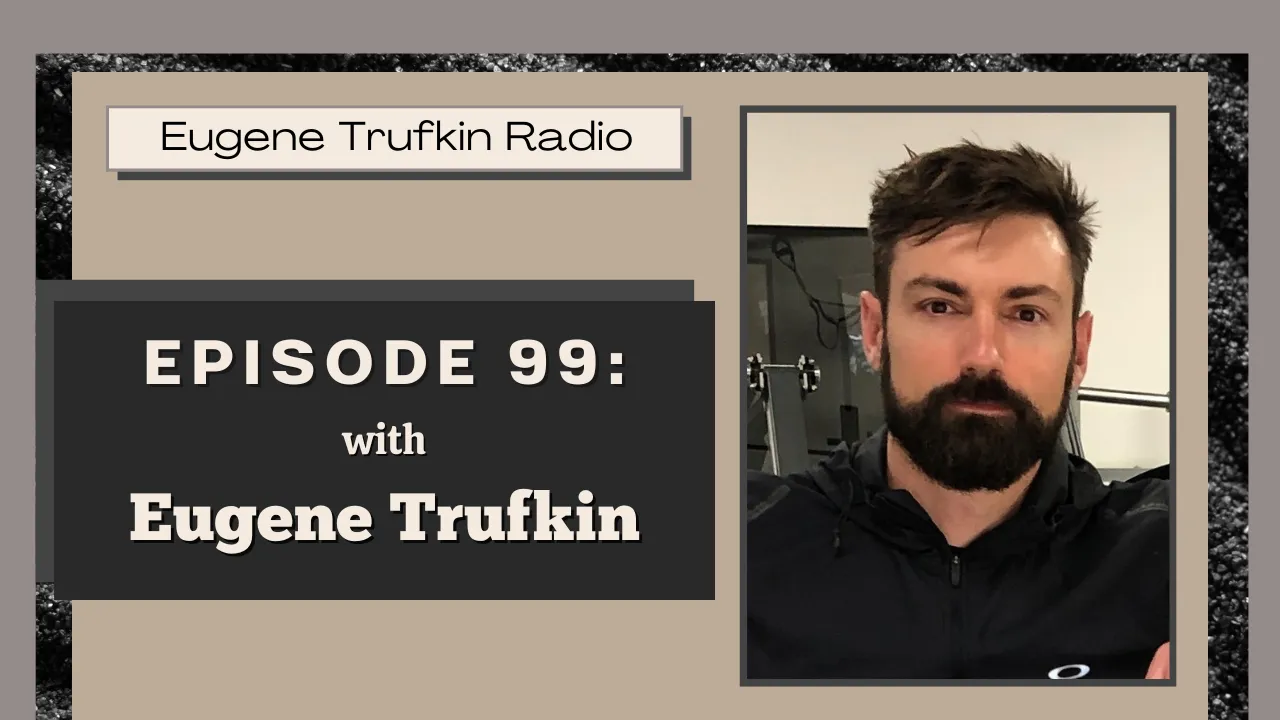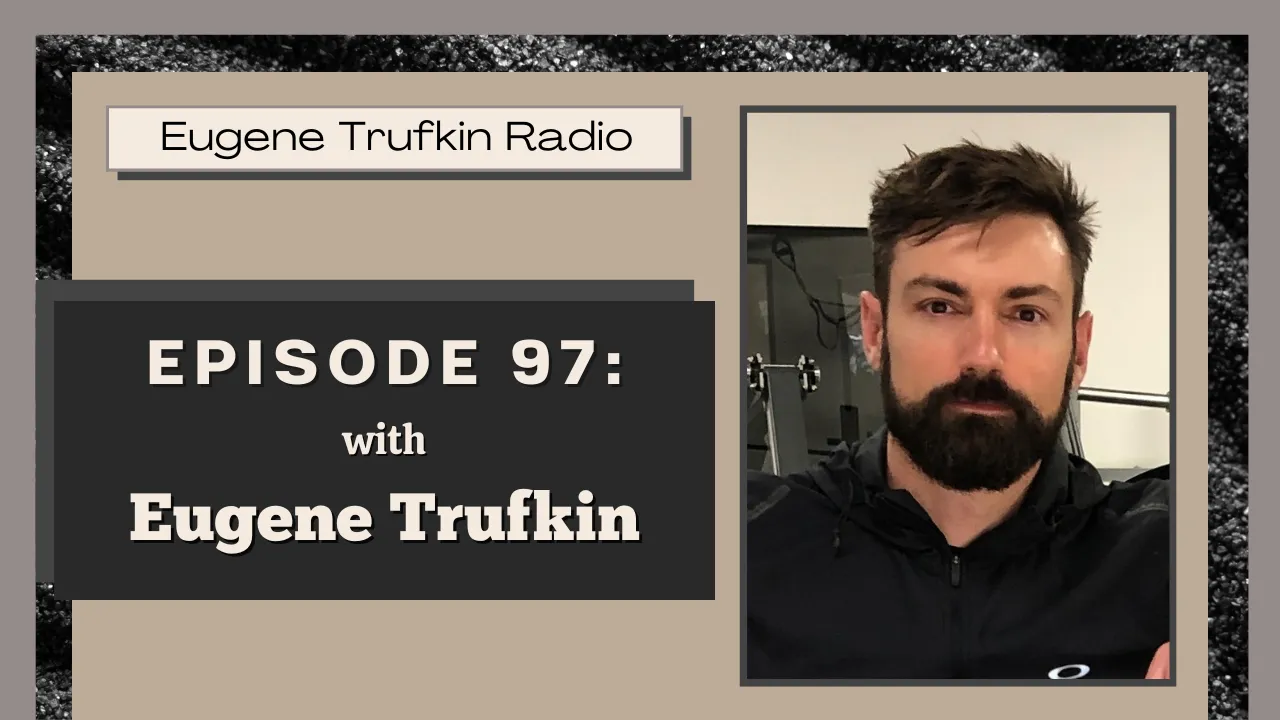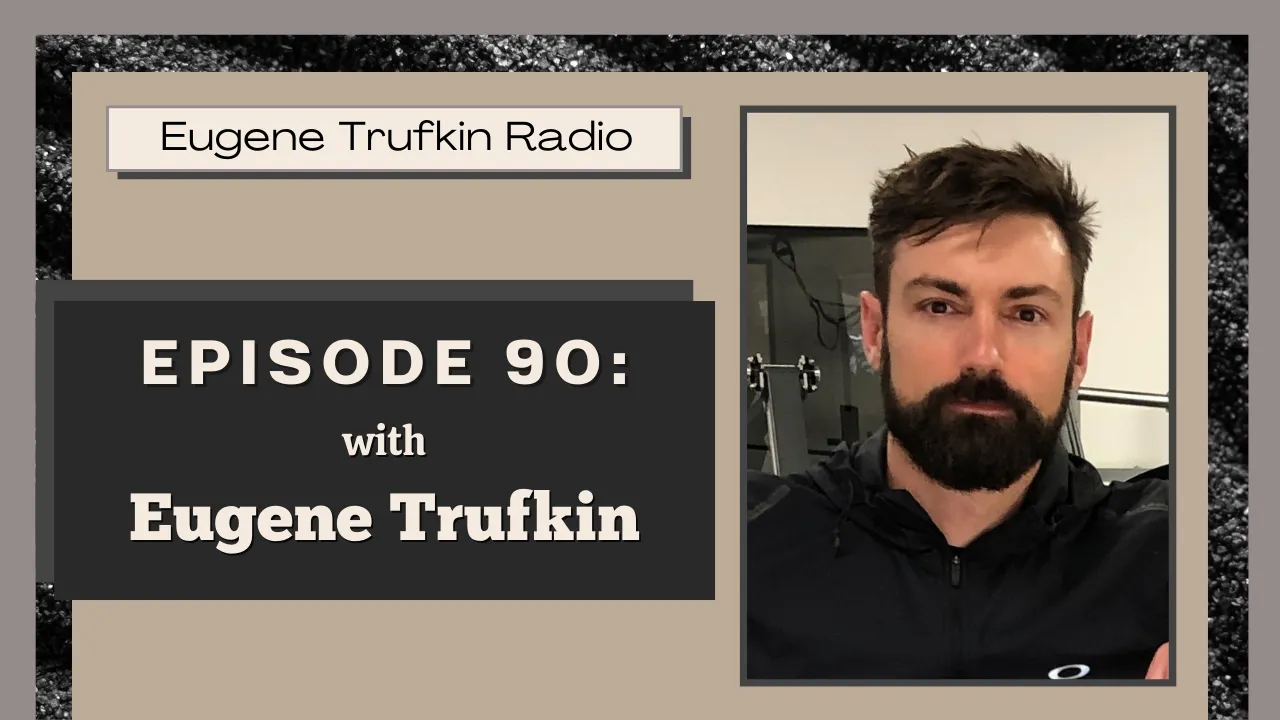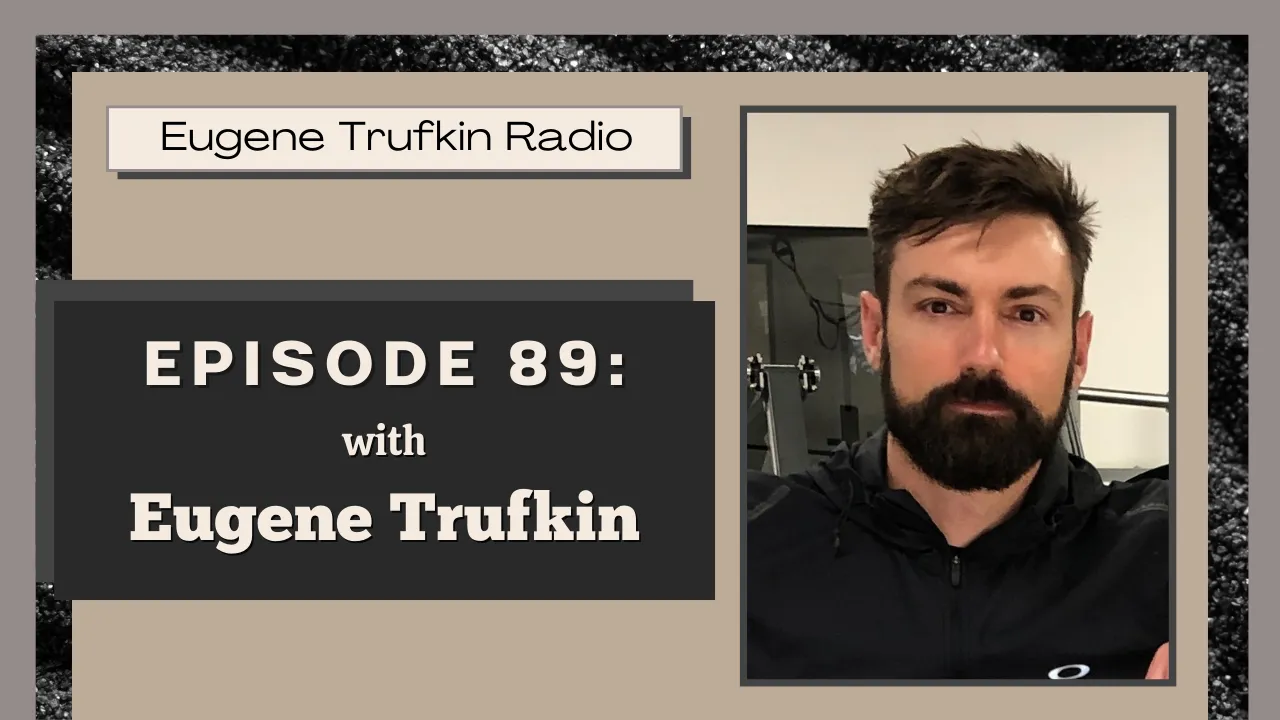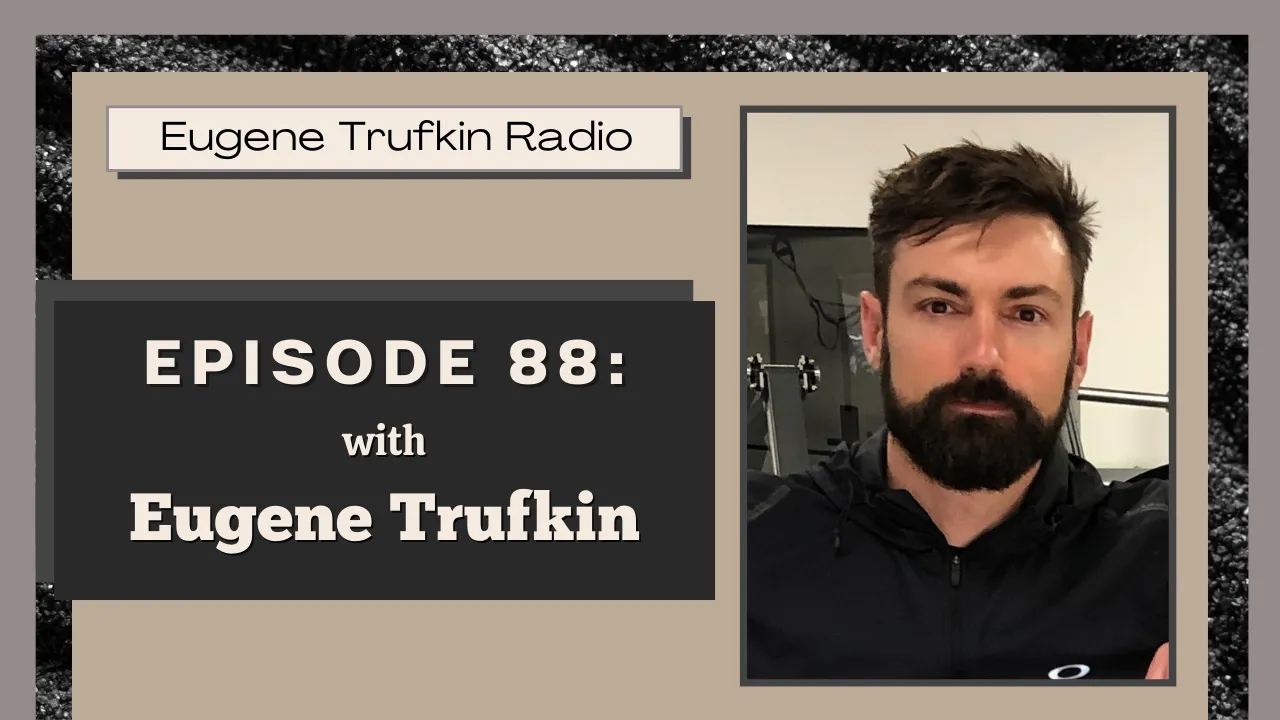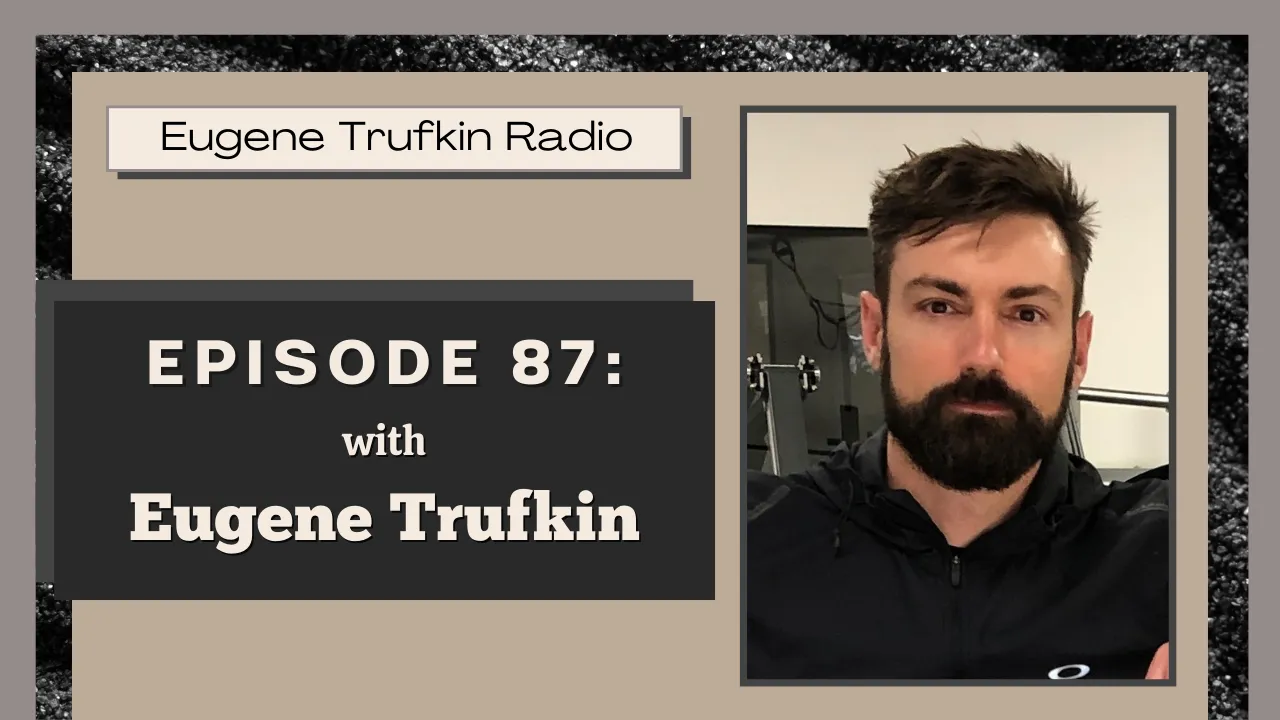OMEGA-3s
OMEGA- 3 ARTICLE
I’m going to skip the fancy terminology when writing aboutOmega-3 fatty acids and their benefits. I like to keep things simple, and I’m sure you wouldn’t mind that also. I’ve divided this article into sections. Eachsection outlines the benefit Omega-3s have on a certain aspect of health.
Omega-3s and Fat loss:
Over a dozen studies have been done to see if Omega-3s help in fat loss. Some studies are encouraging, but many of the research results barely reach statistical significance (aka, nothing really happened). Even if you do evaluate statistically significant studies, you’ll find that fat loss really wasn’t all the impressive. Subjects taking the Omega-3s only experienced, on average, like 1 more pound of fat loss over several weeks compared to subjects that didn’t even take the supplement at all.
Conclusion: Omega-3s aren’t directly effective at accelerating fat loss.
Omega-3s and depression:
A while back, it was found that people with a deficit of EPA in their system could be prone to being depressed and anxious in life. EPA is something found in Omega-3 (Omega-3s = DHA and EPA). Thus, if a person was able to increase the quantity of EPA in their system, depression shouldn’t be an issue for them. Studies show Omega-3s to be ineffective for people suffering from Major Depression, Bi-Polar disorder, or any “serious” mental illness. However, with its serotonin boosting properties, Omega-3s have been shown to benefit those with mild unipolar depression and mild anxiety issues.
Conclusion: Mental health has to be approached in a holistic manner. Omega-3s can help, but they should only be perceived as minor aid and not as a fix and end all solution to a serious mental disorder.
Omega-3s and Motivation:
Omega-3s are going to do nothing to up your motivation level(s). If you’re not a motivated individual, Omega-3s aren’t going
to make you motivated. If you aren’t motivated, I would recommend a supplement called“Man”. Open it and become one. Luckily, it’s free and costs nothing.
Conclusion: Omega-3s will not help you be more motivated. However, since Omega-3s do increase your serotoine levels, indirectly this could help you be more motivated. That's a big if though.
(Alpha Lipoic Acid) ALA and Omega-3s:
A lot of studies show that a person’s digestive system can convert ALA into Omega-3s. For instance, you can get broccoli, which has ALA, and your body would be able to convert the ALA into Omega-3s.This is true, to a very limited extent. The conversion rate of ALA to Omega-3s is super low (below .5% to be exact). That means you would have to eat like 80lbs of broccoli (exaggerated so don’t quote me) to get your recommended dosage of Omega-3s. That’s just not even realistic.
Conclusion: ALA is not a good source of Omega-3s. Good in theory but bad in practice. The conversion rate is just too
low.
Dosage! How much Omega-3s should I get?
The dosage seems to be all over the place and no one has a concrete understanding of how much you should get in per day.
If you tend to already eat lots of fish, you don’t really need an Omega-3 supplement (If you eat fish every day, for instance). However, if you don’t eat a lot of fish, then taking an Omega-3 supplement can help you out. Genetic makeup and environmental circumstances have a lot to do with how much DHA and EPA (Omega-3s) you need in you system. There is no standard dosage. It’s all variable. However, I will say this: I’m 6-2 at 200lbs. During the year, my body fat falls into the interval of 5-8% body fat. I have very little stress during the week and my work is enjoyable. I tend to workout 4-6 times a week. Each workout is about an hour in length and no more. When I’m not consuming fish, which is usually for a couple of months at a time, my daily intake of Omega-3s is as follows: EPA = 1080mg and DHA = 720mg. When I’m eating fish on a daily basis (Salmon and Tilapia), I don’t consume Omega-3 supplements.
Conclusion: You have to figure out your life circumstance, the purpose of you taking the supplement, and your genetic makeup before deciding on dosage. Generally, you don’t want to mega-dose from the get go (mega dosage = more than 5000mg of
Omega-3s).
Omega-3s Stack! Omega-3s + Korean Red Ginseng!
This is a great combo to help up your mental game and level of concentration and memory retention. I won’t talk too much about Red Ginseng in this article, because it’s devoted to Omega-3s, but I will say Korean Red Ginseng is a great supplement to use with Omega-3s. It’ll help boost your energy, mental focus, and memory. This is the perfect combo for any student seeking an extra edge to better their test scores. Note that you shouldn’t use Korean Red Ginseng for longer than a month at a time.
Conclusion: Combining Omega-3s and Korean Red Ginseng is a good idea.
Omega-3s, Mercury, and Other Toxins. Should I Be Worried?
There is an increasing level of toxins found in various fish AND people nowadays. When I tell people to eat fish, they go pretty crazy. They say, “Eugene, all fish have such high levels of toxins these days.” Well, let me tell you this: the typical American male, with a body fat percentage way over 15%, is far more toxic than even the most toxic fish (swordfish) found in the oceans nowadays. Remember that toxins are actually stored in fat. When toxicity levels rise, your body will actually create MORE fat than allowing you to become poisoned. And I’m talking about the unhealthy type of toxins that make you sick and make you die. So I wouldn’t be too
repulsed by the fish; having said the following, stay away from eating Sword Fish, Marlin, Orange Roughy, Tilefish, Shark, Mackerel, and Tuna. What you should select from are the following: Salmon and Tilapia. There are other choices, but Salmon and Tilapia are the healthiest of the groups of choices and they’ll allow you to lose more weight.
Conclusion: Don’t worry about mercury levels in ALL fish. Pick from the choices I’ve outlined above and you’ll be good
to go. Supplements filter out all toxic chemicals from the Omega-3s (more about that below).
Farm Raised Fish VS Ocean Fish. Which is better?
Definitely stay away from farm raised fish. Farm raised fish are actually deficient in Omega-3s. This article is all about getting omega-3s, and you’ll definitely NOT find them in farmed raised fish. Try to purchase fish that have grown up in the ocean in their natural state. The further out to sea the better. Stay away from fish that have been gathered near the shoreline, especially near the shoreline of major cities. Definitely don’t go fishing in Huntington Beach for instance, and actually eat the fish. That would be a bad idea.
Conclusion: Stay away from farm raised fish. Purchase fish from deep sea water.
Which company should I use when purchasing Omega-3s?
What I usually do is look for the “USP Verified” stamp. You’ll clearly see this stamp on the bottle. I generally purchase my Omega-3s from Nordic Naturals. The exact name is “Nordic Naturals Omega 3 Soft Gels”. The company is a little more expensive but that’s because they pass all pharmaceutical standards for freshness and purity, their product is third-party tested, and their product is filtered for toxics such as lead, mercury, and PCBs. I also purchase “Nature Made Fish Oil” from Costco. Their stuff is pretty good and is USP Verified.
Conclusion: Purchase Nordic Naturals Omega-3 Soft Gels (Vitamin Shoppe sells them) or Nature Made Fish Oil (Costco sells
them).
End Statement:
That’s about it for Omega-3s. There is definitely way more to it, but I’ve outlined enough information to give you a good head start about the benefits of Omega-3s, dosages, and the sources from which you should get them from.

